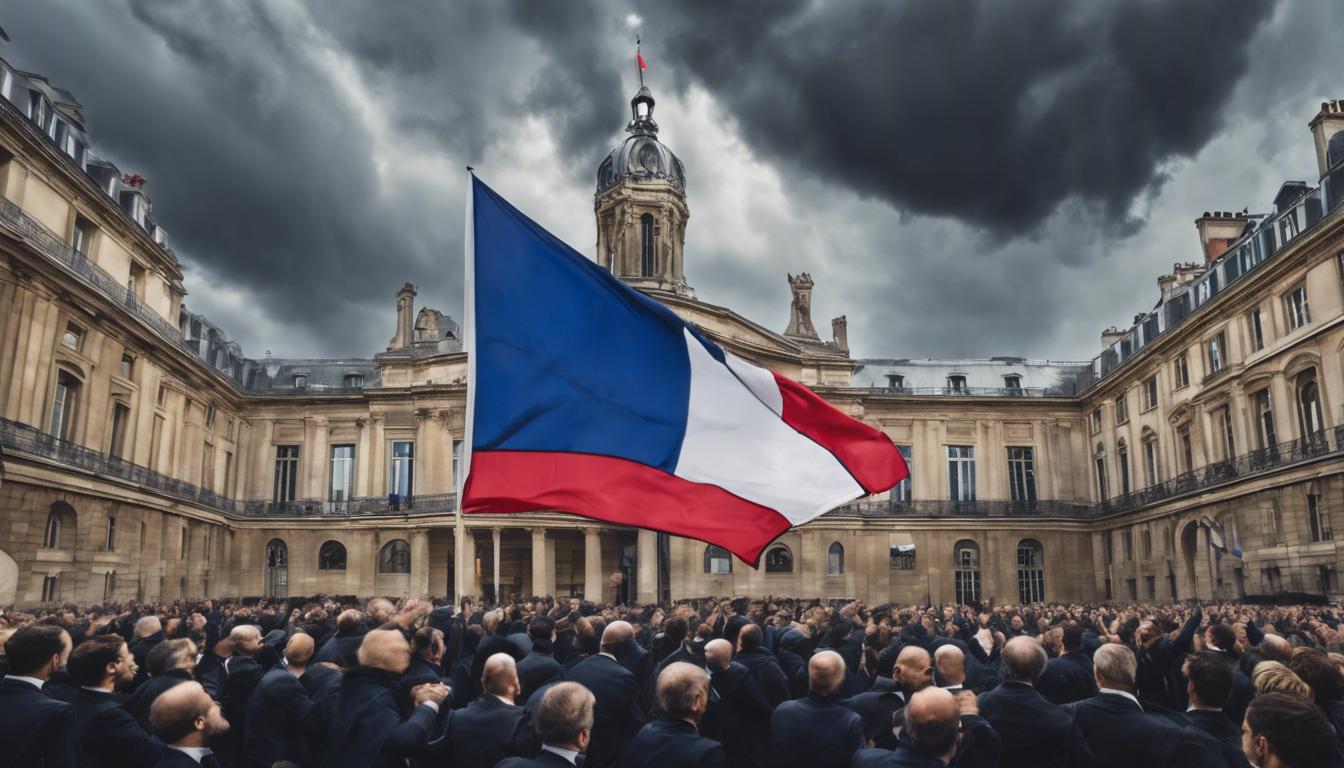French President Emmanuel Macron has openly criticised the European Union’s slow response and lack of ambition in light of increasing global threats, calling for stronger defence and reduced dependency on the US in a pivotal speech at the Sorbonne University.
French President Emmanuel Macron criticised Europe’s response pace and lack of ambition, particularly highlighting the threats posed by Russian aggression and American isolationism during a speech at the Sorbonne University in Paris. Macron called for the European Union to bolster its defence mechanisms, enhance production efficiency, and reduce dependency on the United States. His address aligns with shaping the EU’s next five-year strategic agenda amidst significant challenges including the ongoing Gaza conflict, and geopolitical tensions involving Russia, China, and the US. Additionally, Macron opposed migration practices involving the relocation of migrants to African countries, considering them contrary to European values. In support, German Chancellor Olaf Scholz expressed solidarity with France’s vision for a robust Europe.
In related geopolitical tensions, Vladimir Solovyov, a close ally of Russian President Vladimir Putin, on Russia-1 TV, threatened the destruction of infrastructure in France and Poland, heightening concerns over potential escalations between Russia and NATO. This follows U.S. President Joe Biden’s warnings and his commitment of substantial aid to Ukraine, stressing the urgency to avert a broader European conflict.
On a domestic note, Germany will introduce a Veterans’ Day on June 15 annually, marking the first such observance since reunification. The day, approved by the German Parliament, is designated to honour past and present military personnel without declaring it a national holiday, reflecting a changing perspective on military recognition in the country amid evolving security challenges.
Meanwhile, a revolt within the Russian army has come to light, with troops from Storm Z punishment battalions and the Wagner militia protesting neglect and denial of promised benefits after serving in Ukraine. Soldiers have expressed disenfranchisement and accused local authorities of failing to provide them with necessary veteran certification, which affects their entitlements and societal reintegration.
These developments reflect an intricate tapestry of European security, geopolitical dynamics, and internal military issues confronting leaders and policymakers in the current global landscape.













